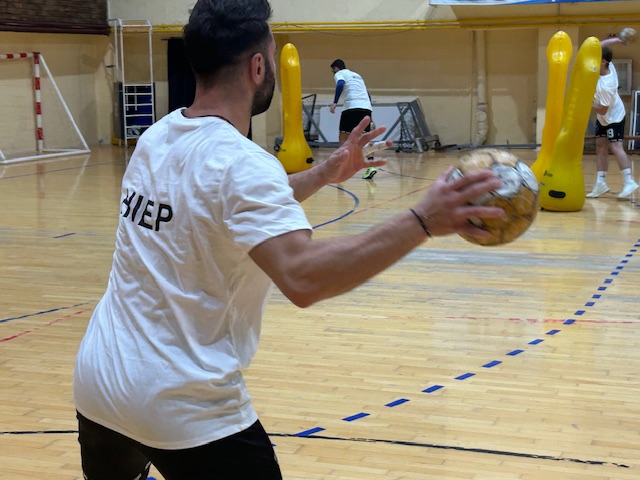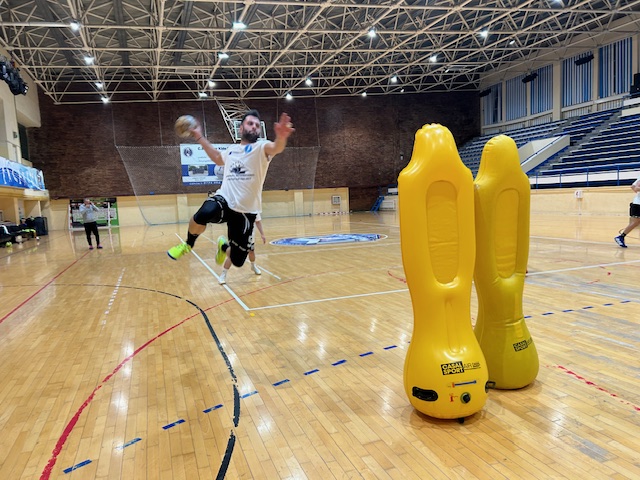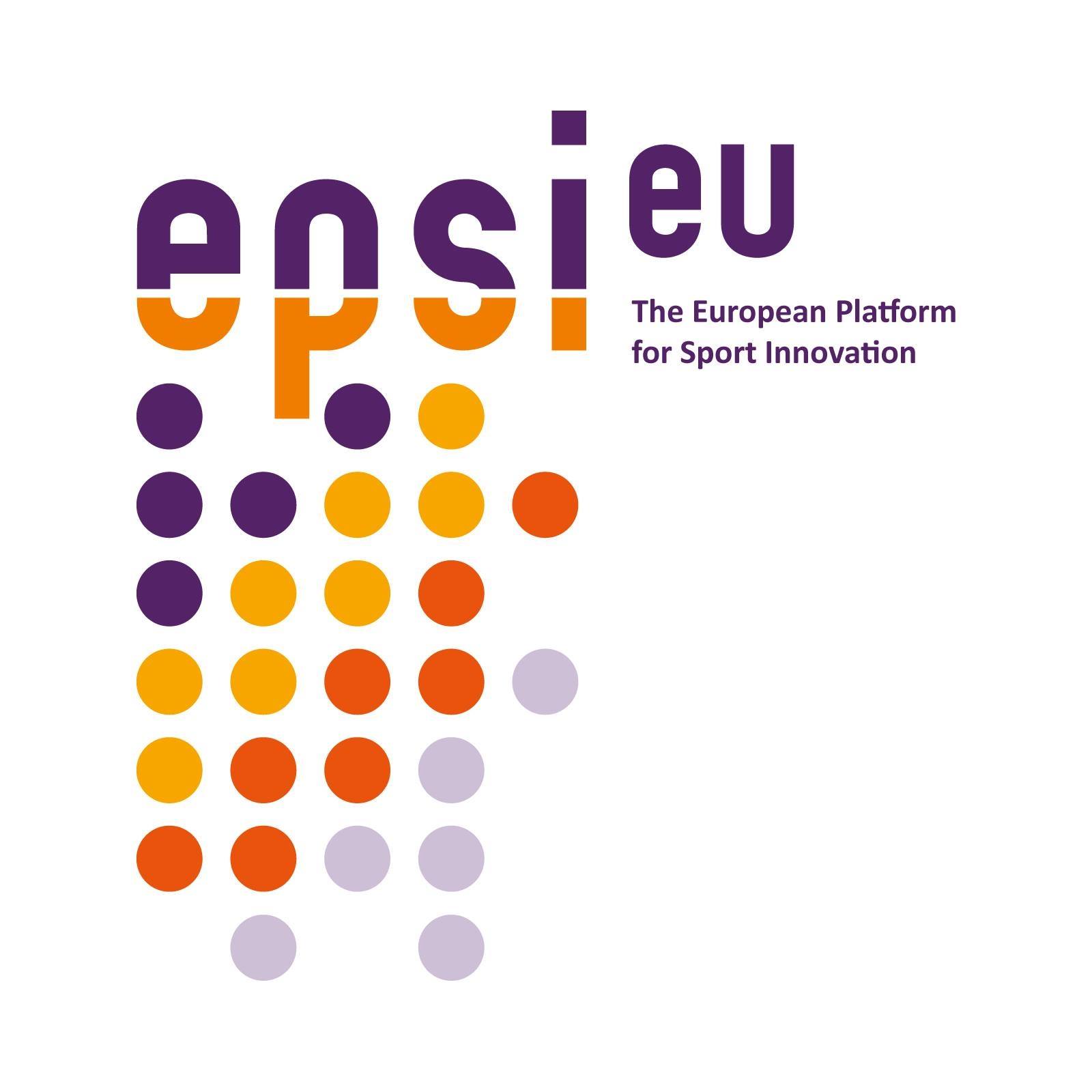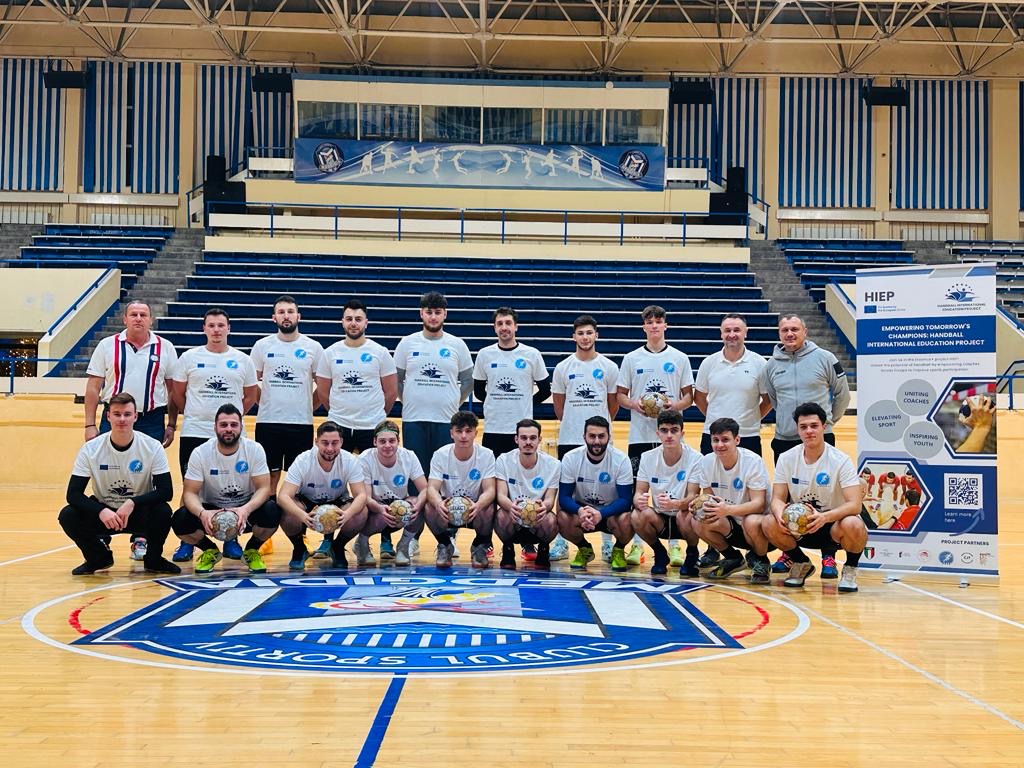While 20 million people around the globe follow handball, its audience and participation in Europe are unevenly distributed. Then, the “Handball International Education Project (HIEP)” project was born. Partners from all the EU, including EPSI and the project leader, the Italian Federation of Handball, together with the University of Constanta, L’Orma, CJT Solutions, Master Group Sport and Olympiacos joined forces to boost handball participation and popularity while maintaining a strong focus on increasing coaching competences.
Training strategies in the game of handball
In order to develop an online training course for coaches all over Europe, partners of the project set out to report on the best practices available, conducting comparative analysis with other sports and identifying what makes good practices successful. The leader of tasks related to such objective is the Ovidius University of Constanta (UOC), which in December 2023, held an event at the Faculty of Physical Education and Sport as part of the second work package of the project: “Training strategies in the game of handball”.
The goal of this work package is the dissemination of methodological guidelines, regarding the training and development of handball as a performance sport as well as a grassroot sport. Attendees at the event included handball players, young coaches, and sports specialists, who had the chance to learn and share best practices about handball. Elite European handball coaches’ training methods have been unveiled, such as Talant Dujshebaev, Henrik Kronberg, Lino Červar, Raúl González, or T. Hergeirsson, remarking the importance of identification and promotion of talents, and development of handball as an educational sport activity among students and young people.
Motor skills as fundamental keypoint for young handball players
But one of the main project’s goals is to develop handball at a regional level in Europe. The first step was collecting and analysing people’s opinions on different ways to do so. A focus group was held with 102 participants, who responded to a multiple-choice questionnaire. The results and conclusions of the research were presented in the Intermediate Report of the WP2 package, disseminated, and published in the Ovidius University Annals, Series Physical Education and Sport / SCIENCE, MOVEMENT AND HEALTH Vol. XXIV, ISSUE 1, 2024, Romania.
The questionnaire revealed that 40% of people agree that motor skills are most important for identifying and developing young handball players. To improve athlethes’ performances, dedicated handball centres are needed. There, centralised training of the best handball players and coaches can be carried out. Participants also highlighted that handball has a strong role in developing skills such as collaboration, respect, team spirit, fair play, education, or emulation. For this reason, handball should be included in schools’ curricula, focusing on its ability to foster social and civic skills development.
Handball has different development level in Europe
To address the existing gap between different european countries, there needs to be a strong focus on training. The low level of coaching competence in some countries determines a low level of local development, which will hopefully be improved thanks to the training course HIEP will create.
The publication above can be found at this link: http://bit.ly/4bFkqaF
Visit the project page: https://epsi.eu/project/hiep/



Funded by the European Union. Views and opinions expressed are however those of the author(s) only and do not necessarily reflect those of the European Union or the European Education and Culture Executive Agency (EACEA). Neither the European Union nor EACEA can be held responsible for them.

